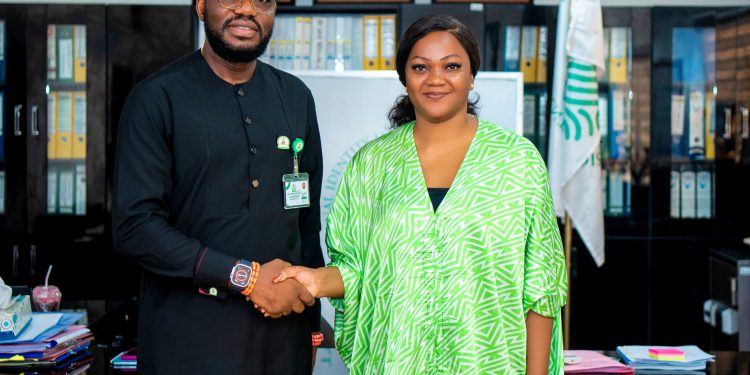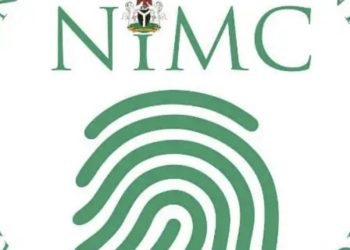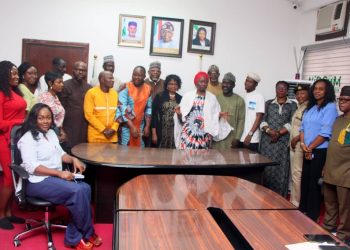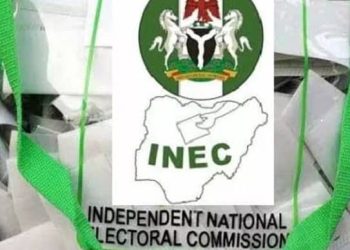By Nkechi Eze
The Director General of the National Institute for Hospitality and Tourism (NIHOTOUR), Aare Bisoye Fagade, on Thursday paid a courtesy visit to the Director General/CEO of the National Identity Management Commission (NIMC), Engr. (Dr.) Abisoye Coker-Odusote, at the Commission’s headquarters in Abuja as both agencies explored new avenues for strategic collaboration.
In an official signed statement, Ayodele Babalola, Technical Advisor on Media and Communications to the NIHOTOUR DG, said discussions between the two institutions centred on the need to deepen institutional partnership to strengthen national identity systems within the hospitality, travel, and tourism sectors. Both leaders emphasized that collaboration between NIHOTOUR and NIMC would significantly advance their respective mandates.
The proposed partnership aims to integrate NIMC’s comprehensive national identity database—containing records of registered persons under the NIMC Act—into NIHOTOUR’s certification and registration processes for qualified practitioners, as mandated by the NIHOTOUR Establishment Act. This alignment is expected to enhance credibility, traceability, and professionalism across the hospitality and tourism workforce.
According to the statement, the partnership will also contribute to national security, service excellence, and data-driven sectoral development by ensuring that individuals operating within the sector can be properly identified and verified through a secure national database.
Engr. (Dr.) Abisoye Coker-Odusote reaffirmed NIMC’s readiness to support institutions that depend on accurate identity verification, noting that secure data exchange and interoperability are essential to modern governance and economic growth. She commended NIHOTOUR’s initiative and expressed confidence that the collaboration will positively impact Nigeria’s wider development efforts.
Aare Bisoye Fagade, on his part, said the partnership would improve NIHOTOUR’s institutional processes and elevate standards within Nigeria’s rapidly expanding hospitality and tourism industry. He described the proposed collaboration as a critical step toward building a more professional and globally competitive sector.
Both agencies agreed to establish a joint technical working group to design an implementation framework, setting the stage for a more integrated, secure, and professionally regulated tourism and hospitality environment.

















